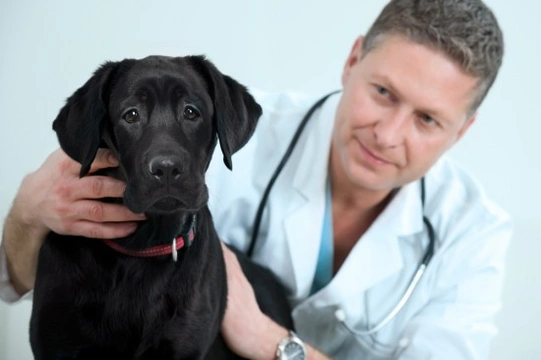
Getting help with veterinary treatment when you can’t afford it
Every dog owner hopes their dog will be healthy, happy and mobile long into old age. Sadly, some breeds of dogs are more prone to developing health problems. Read on to find out more and what steps you can take to make sure the dog you choose to share your life with is healthy.
Inherited diseases and conditions in dogs
Some breeds of dogs are prone to certain diseases or health conditions - these are called genetic disorders. Genetic disorders are inherited by puppies from the parent dogs where either or both parent dogs are affected by or carriers of a condition. Common genetic disorders in dogs include Hip Dysplasia, Elbow Dysplasia, eye disease, Chiari Malformation and Syringomyelia.
Exaggerated features in dogs
Many breeds of dogs have been bred to look a certain way. For example, Pugs and French Bulldogs are bred to have short, flat faces; the Chinese Sharpei is bred to have excessive wrinkles in their skin; the Basset Hound has been bred to have excess skin and long ears.
Although the appearance of dogs can be very appealing, dogs with certain characteristics are at a higher risk of developing certain health issues. Dogs like Pugs and French Bulldogs with flat faces often develop breathing problems. Large dogs are more likely to suffer from heart conditions and develop muscle and joint problems.
These features can impact a dog’s everyday as well as long-term health and often require costly veterinary treatment.
How to choose a healthy puppy
You’ll want to make sure that the dog you get has been bred well and is in good health.
As many breeds of dogs are at risk of developing health conditions, it’s important to do your research carefully. If you have a particular breed of dog in mind, make sure you know what health issues they may be at risk of and what tests may be available. Dogbreedhealth.com is a useful resource to use when researching your breed of choice.
Health screening for dogs
Many breeds are screened for known health conditions and all good breeders will carry out health tests relevant to that breed. For example, Labradors and Golden Retrievers are at risk of developing Hip Dysplasia so you should ask the breeder about the hip scores of the puppy - and get advice from a vet to understand what they mean.
Don’t forget about cross breeds - such as Cockapoos and Labradoodles. Research both the breed of the mother and father to check for any known health conditions.
Choosing a dog that has been bred to look a certain way
It’s best to choose a dog based on their health rather than their looks. However, if you’ve got your heart set on a particular breed of dog, like a Pug or French Bulldog, look for one with less exaggerated features, for example, a longer nose and fewer folds of skin.
When buying a puppy, do your research to find a responsible breeder. The more popular a breed of dog, the more likely they are to be bred and sold by unscrupulous breeders who are more concerned with making money than the health of the puppies.



